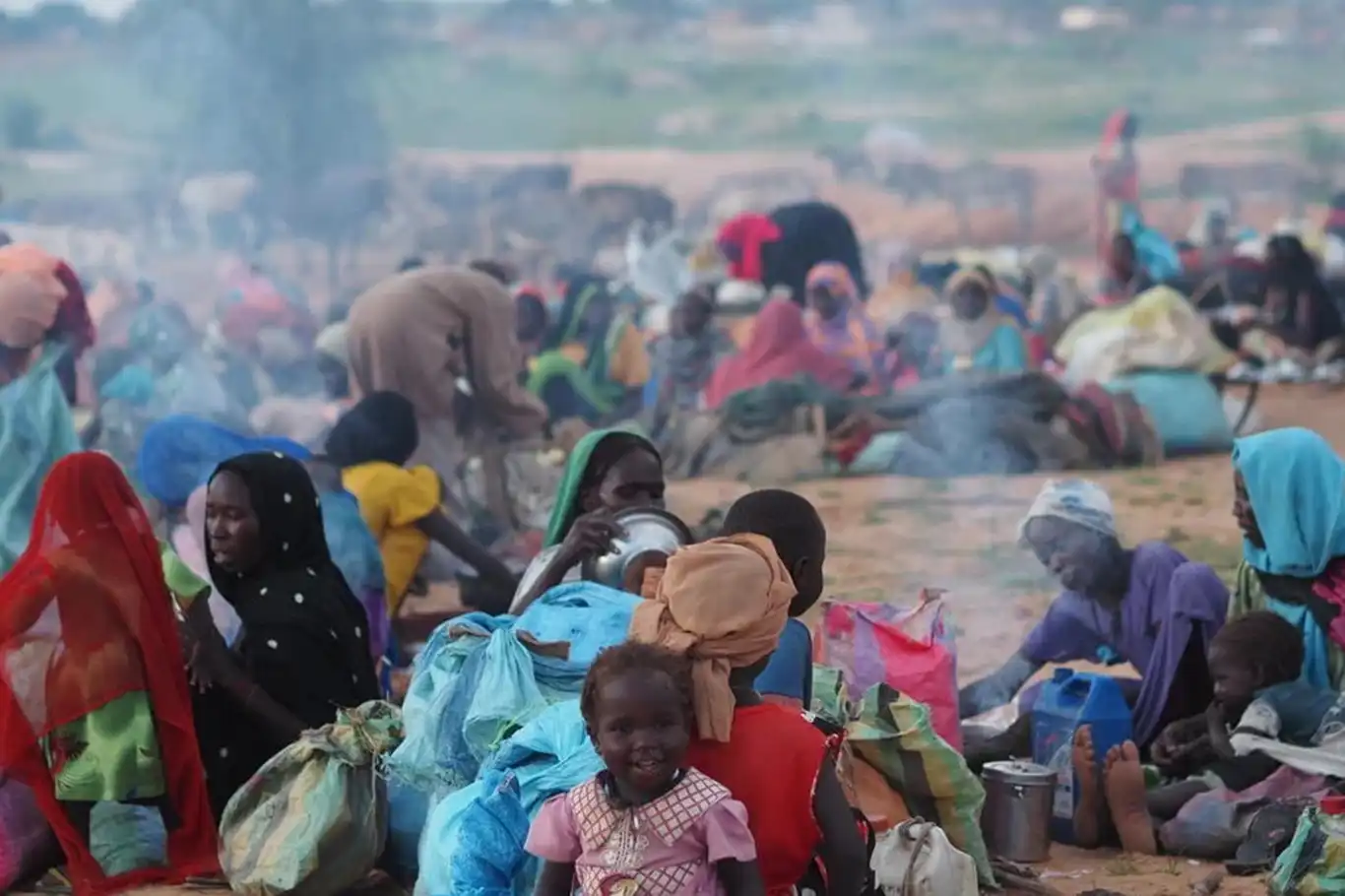UN warns of deepening crisis in Sudan


The ongoing war in Sudan between rival military factions has plunged the country deeper into crisis, with the UN emphasizing that a ceasefire and political negotiations remain the only viable path to peace.
UN Under-Secretary-General for Political Affairs, Rosemary DiCarlo, described Sudan’s situation as “trapped in a nightmare” while briefing the UN Security Council on Tuesday.
The latest violence has been particularly severe in eastern Aj Jazirah state, where the paramilitary Rapid Support Forces (RSF) have launched brutal assaults. According to non-governmental organizations, civilians have suffered immense casualties, with homes destroyed, communities displaced, and reports of widespread human rights abuses, including sexual violence against women and girls.
DiCarlo condemned the RSF attacks, as well as indiscriminate airstrikes by the Sudanese Armed Forces (SAF) in densely populated areas such as Khartoum and El Fasher. “Both warring parties bear responsibility for this violence,” she stated, calling on both sides to halt their military operations, which have continued to escalate with significant external support and steady arms inflows.
The UN representative urged Sudan’s international partners to push the warring factions toward peace negotiations. The African Union (AU), the regional Intergovernmental Authority on Development (IGAD), and the humanitarian and peace advocacy group ALPS have been instrumental in efforts to initiate dialogue.
Since the conflict erupted in April, Sudan has seen the world’s worst displacement crisis, with over 11 million people forced to flee their homes, including nearly three million who have sought refuge in neighboring countries, according to the UN Office for the Coordination of Humanitarian Affairs (OCHA). The war has also triggered a severe hunger crisis, with more than 750,000 people facing extreme food insecurity and potential famine.
Access to humanitarian aid remains limited, with many areas unreachable due to conflict. Ramesh Rajasingham, OCHA’s Director for Coordination, highlighted that relief supplies are severely delayed and restricted, with many regions completely cut off. Although the Adre border crossing between Chad and Sudan has reopened, Rajasingham stressed that this alone is insufficient for providing necessary aid.
The socio-economic outlook in Sudan is also deteriorating. According to a new report from the UN Development Programme (UNDP), employment has fallen by half, and only a small fraction of urban households have access to essential health services. With two-thirds of the fighting centered in urban areas, the war has had devastating effects on Sudanese urban livelihoods.
Luca Renda, UNDP Resident Representative in Sudan, emphasized the urgent need for both humanitarian and long-term development-focused interventions to address the escalating crisis, which has left many Sudanese families vulnerable and facing dire economic challenges.
The UN continues to push for a ceasefire and a negotiated political solution, with plans to engage both sides through Ramtane Lamamra, the UN Secretary-General’s Personal Envoy for Sudan. DiCarlo stressed, “It is long past time for the warring parties to come to the negotiating table. The only path out of this conflict is a negotiated political solution.” (ILKHA)
LEGAL WARNING: All rights of the published news, photos and videos are reserved by İlke Haber Ajansı Basın Yayın San. Trade A.Ş. Under no circumstances can all or part of the news, photos and videos be used without a written contract or subscription.
United Nations spokesman Stéphane Dujarric revealed that Israeli forces prevented two-thirds of 129 humanitarian aid operations from reaching the Gaza Strip last week.
Thousands of Jewish settlers, led by Israel's far-right National Security Minister Itamar Ben-Gvir, stormed the Ibrahimi Mosque in the Old City of al-Khalil on Friday to mark the Jewish holiday of Chayei Sarah (Life of Sarah).
An Israeli airstrike early Friday morning completely destroyed an 8-story residential building in Beirut's Basta area, killing at least four people and injuring 23, according to Lebanon’s Health Ministry.
Russian President Vladimir Putin announced on Friday that Russia would persist with testing its new Oreshnik hypersonic missile in combat scenarios and confirmed that a stockpile of the weapon was ready for deployment.